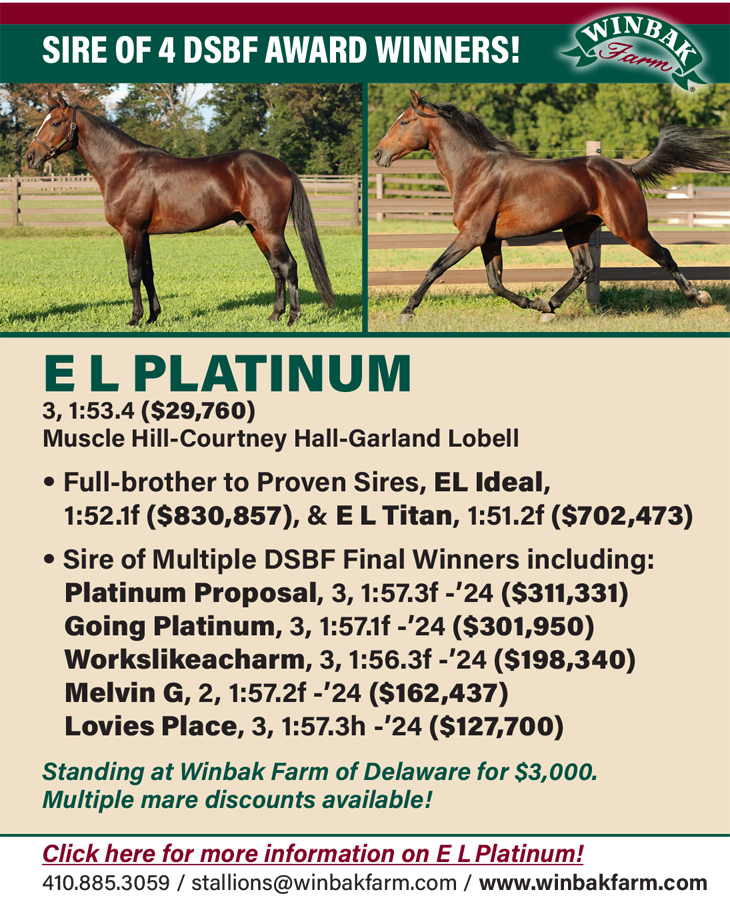
HRU Feedback (2021-02-28)
The doctrine of proportionality
For many years I trained my own horses and never had a violation of any kind. Therefore, I never paid much attention to the penalty system for rules violations. In the last few years, I have placed my horses with a trainer. He recently had a violation for banamine over the acceptable limit.
He administered the banamine to my horse 24 hours prior to racing. He was racing in an unfamiliar jurisdiction and they had recently changed the acceptable pre-race time from 24 hours to 48 hours. The trainer should have known of that change and accepts complete responsibility for the violation. It was a mistake without intent and before the trainer became aware of his mistake three of his horses had violations.
The order of penalty read that because the trainer was not made aware of the first violation prior to subsequent violations, these mitigating circumstances will cause him only to be penalized for the first violation. This was a $500 fine and forfeiture of his trainer fee. That seems to be reasonable, and I am glad for the trainer that he had a reduced penalty. However, the mitigating circumstances did not apparently apply to the owners, as all were ordered to forfeit their winner’s share of the purse. I spoke with the presiding judge and he really had no explanation for why the mitigating circumstances did not apply to the owners, other than that in all cases owners are ordered to forfeit their purse money. The judge also stated that he did not believe that the presence of banamine affected the outcome of the race. I understand and agree with the imposition of penalties on owners to discourage them from placing horses with unethical and cheating trainers. In this case, the trainer was neither unethical nor intended to cheat, he made a mistake.
In most sports and in a court of law, a doctrine of proportionality generally applies when imposing penalties for violations. The penalty shall be proportional to the severity of the violation. In football, off- sides results in a 5-yard penalty, holding results in a 10-yard penalty, and a personal foul results in a 15- yard penalty. Additionally, if it is a flagrant foul it could result in ejection from the game. This is an example of the doctrine of proportionality where penalties are proportional to the violation.
In some racing jurisdictions, but not all, the penalty for the trainer is somewhat minor for a banamine violation but could certainly be much more severe for some of the other zero-tolerance drug violations. That of course is how it should be and is in accordance with the doctrine of proportionality. However, the penalty for owners seems to be in all cases at the same high level, regardless of the severity of the violation. The penalty is the forfeiture of the purse. That certainly is not proportional.
This isn’t just about me and my bad luck. I have repaid my purse money and it is a done deal, unlikely to ever affect me again. Beyond me personally is the sport that I have been passionate about for nearly all my 83 years. We continue to be a challenged industry and it has always been an objective to expand the owner base. Do other owners and prospective new owners perceive this as fair and equitable treatment? Shouldn`t we apply the doctrine of proportionality in assessing penalties on owners.
— Joe Mullins / Solana Beach, CA













